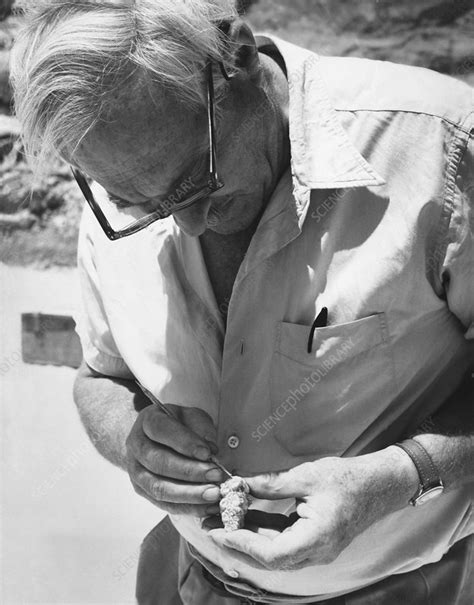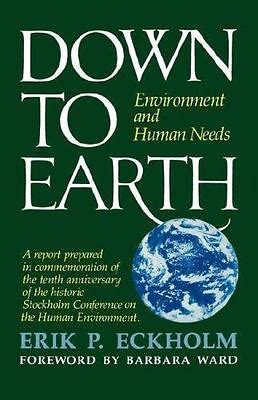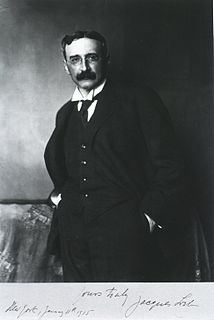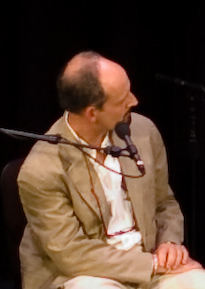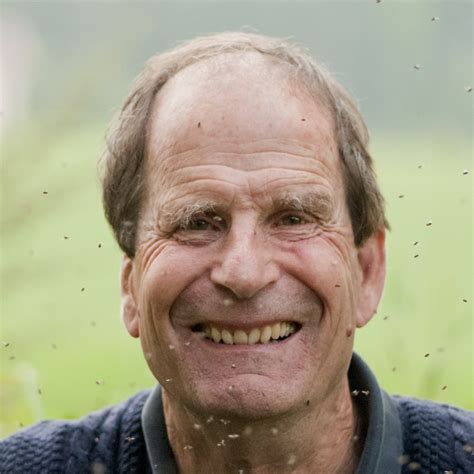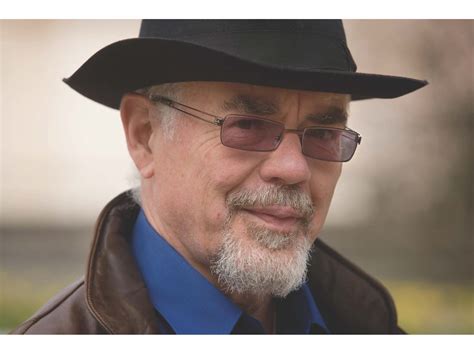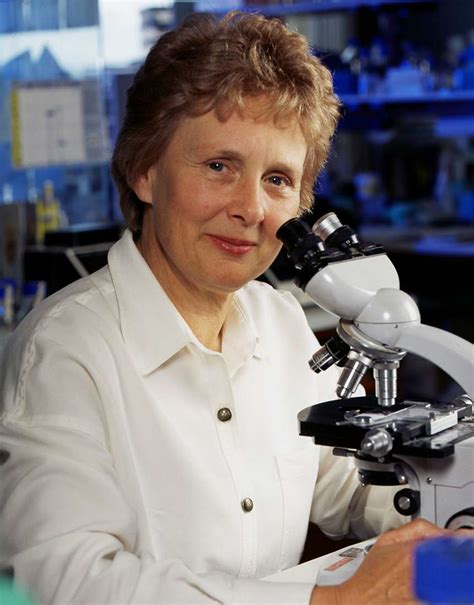A Quote by Richard Lewontin
In fact perhaps the only law in biology is that all flesh is mortal and all species become extinct eventually.
Related Quotes
Humans will eventually become extinct. People treat that as a radical thing to say. But the fossil record shows us that everything eventually becomes extinct. It depends what "eventually" means. But the idea that were going to be around for the rest of global history...I don't think there's any scientist who would suggest that is true. It could be millions of years from now. We may leave descendants that are humanlike.
Having studied biology really helped me a lot because I quickly understand how biological systems work, and how they fail, and the tragedy of when they fail, because we are dealing with life systems, and when we hear that a species has become extinct, or is threatened, you realize that this could mean that this species will disappear from the face of the earth forever! So that understanding really gives you energy to do something to save it.
Biology is a science of three dimensions. The first is the study of each species across all levels of biological organization, molecule to cell to organism to population to ecosystem. The second dimension is the diversity of all species in the biosphere. The third dimension is the history of each species in turn, comprising both its genetic evolution and the environmental change that drove the evolution. Biology, by growing in all three dimensions, is progressing toward unification and will continue to do so.
One animal or plant species may become extinct every hour. All species are doomed to extinction, but man through worldwide development/killing animals for food/profit/using toxic chemicals such as pesticides/industrial wastes, will accelerate the extinction of plants/animals and the result will be a more hostile environment for man.
The theory of natural selection is the centerpiece of The Origin of Species and of evolutionary theory. It is this theory that accounts for the adaptations of organisms, those innumerable features that so wonderfully equip them for survival and reproduction; it is this theory that accounts for the divergence of species from common ancestors and thus for the endless diversity of life. Natural selection is a simple concept, but it is perhaps the most important idea in biology.
It is an odd fact of evolution that we are the only species on Earth capable of creating science and philosophy. There easily could have been another species with some scientific talent, say that of the average human ten-year-old, but not as much as adult humans have; or one that is better than us at physics but worse at biology; or one that is better than us at everything. If there were such creatures all around us, I think we would be more willing to concede that human scientific intelligence might be limited in certain respects.
We know from astronomy that the universe had a beginning, from physics that the future is both open and unpredictable, from geology and paleontology that the whole of life has been a process of change and transformation. From biology we know that our tissues are not impenetrable reservoirs of vital magic, but a stunning matrix of complex wonders, ultimately explicable in terms of biochemistry and molecular biology. With such knowledge we can see, perhaps for the first time, why a Creator would have allowed our species to be fashioned by the process of evolution.









